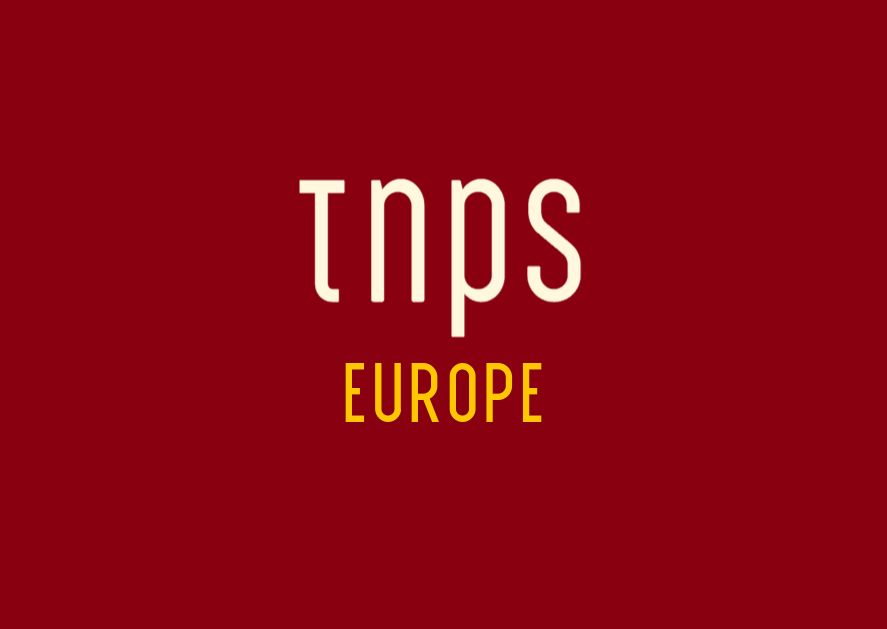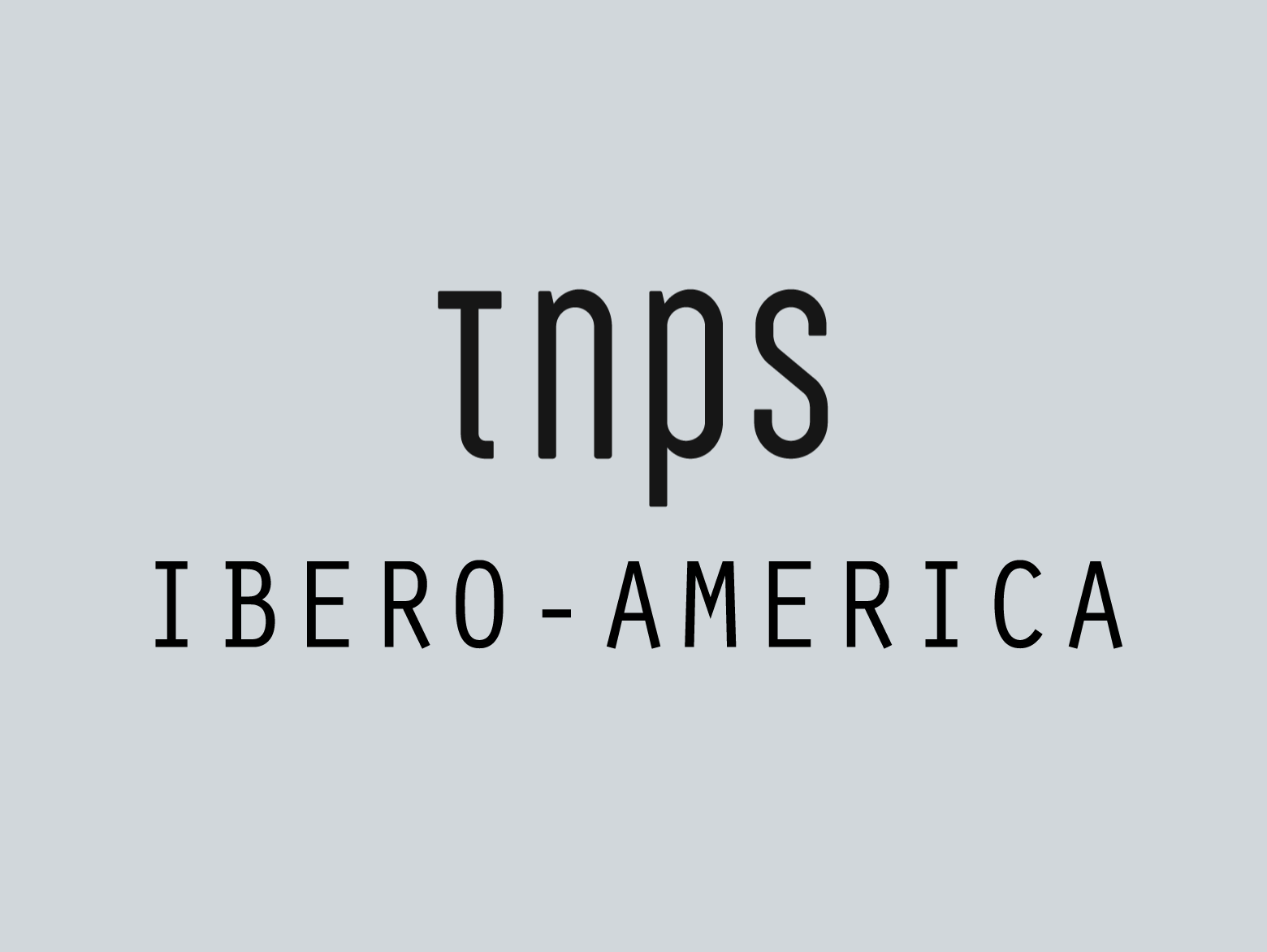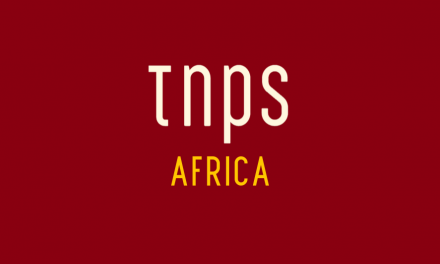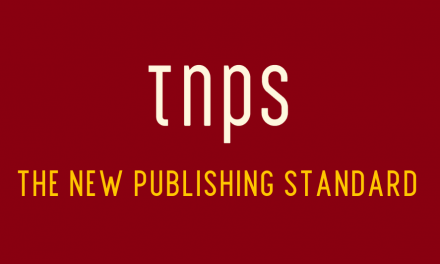Frankfurt Buchmesse has announced its final numbers from the 2019 Frankfurt Book Fair, and while overall attendance (Wednesday-Friday) was up 1.8%, the number of exhibitors was down from 7,503 from 109 countries in 2018 to 7,450 from 104 countries in 2019.
By contrast the public weekend days saw an increased visitor count up 9.2%.
The official press release paints a rosy picture of a stable event at a time of considerable political and economic uncertainty.
Despite the dip in trade attendance, overall visitor numbers topped 300,000 for the first time, thanks to the enthusiasm of the weekend crowd, peaking at 302,267, compared to 285,024 in 2018 – a 5.5.% gain.
Read the full press release for further detail about the achievements of the 2019 fair. Here to ponder those numbers in more detail.
In overall visitor numbers Frankfurt is of course dwarfed by book fairs around the world that can amount to three, six or even ten times the Frankfurt count.
Sharjah, New Delhi, Kolkata, Algiers, Bangkok, Tehran, Cairo, Buenos Aries, Riyadh, Muscat, Madrid, and Baghdad are just a few of the improbable international book fairs that attract upwards of a million visitors each. Some of those can draw crowds of 2-4 million.
But that’s to compare apples and oranges. These are public-facing book fairs with a trade element tagged on, as opposed to Frankfurt which is by any measure the world’s largest trade fair, with a public element tagged on.
On the latter, Porter Anderson described part of the public weekend activities thus:
“Frankfurt Cosplay” is a light-hearted magnet to many fans of the fair each year, and it creates foot-traffic challenges at times, as costumed friends sit in large groups on floors and lobbies of the buildings of the book fair to chat and enjoy each other’s company.
While the trade attendance numbers held steady, the drop in country participation and exhibitor numbers will give the Buchmesse team pause for thought.
Because while the rightful reputation of the Frankfurt Book Fair will ensure pre-eminence in the global industry for many years to come, competition has never been fiercer.
As TNPS regulars will know, globally the trend for book fair and literary festival attendance is growing every year, and many of the traditionally public-facing events are more and more becoming hybrid public and trade events.
And that must, in turn, put pressure on the Buchmesse as new alternative venues proliferate around the globe.
Frankfurt is, after all, in Germany, and that can be a long and expensive haul just to be there, let alone participate meaningfully.
And for countries that aspire to be the future Frankfurt Guest of Honour nation the hurdles can be daunting.
A report this week about South East Asia’s Frankfurt aspirations is telling.
Being the centre of attention at Frankfurt is of course the holy grail of national publishing associations. But even getting considered, let alone picked, is an arduous and expensive task.
Indonesia was Guest of Honour in 2015, and hugely successful it was too, but it seems Indonesia is the only SE Asian country ever to have been so honoured.
No other Asian nation has been Guest of Honour at Frankfurt in the past ten years, and those that have previously – China (2009), India (2006) and South Korea (2005) – are either of such size or status as to warrant the Buchmesse’s attention.
Indonesia’s publishing association IKAPI began its quest to be a Frankfurt Guest of Honour back in 2010.
Chair of the National Book Committee (KBN) Laura Bangun Prinsloo explained,
The requirements to become a guest of honor are heavy, including having a translation budget and having at least 200 book titles translated into German.
That’s a heavy burden for a small nation or an emerging market economy to have to contend with.
And of course while the demand for German reflects the Buchmesse’s location, the global dominance of the English language means those same publishers need to be sorting translations into English as well.
That’s an expensive and time-consuming exercise quite apart from the costs involved in pavilion preparation, and the logistics of getting publishers, translators and the actual books to the right place on the right day.
And all this has to be worked out many years in advance.
As Frankfurt 2019 ended there was the ceremonial handing over of the scroll as Norway gave way to Canada as the 2020 Guest of Honour. But Canada originally signed up to become 2020 Guest of Honour in October 2016, and that of course was preceded by an unknown period of preparation and pitching.
Laura Bangun Prinsloo (Chair of the Indonesian National Book Committee –(KBN)) said,
Canadian President FBF 2020 Caroline Fortin repeatedly came to us (KBN) to ask questions and learn to be FBF’s honored guest, starting from how to prepare branding (slogans) to translate 200 titles of books.
Prinsloo has also been beset by requests for advice about the pitching process from Malaysia, the Philippines, Vietnam, Thailand and Taiwan.
Atty Dominador D Buhain, former President of the Asia Pacific Publishers Association, is leading the Philippines’ hopes to get Guest of Honour status at Frankfurt in 2024.
We really hope to be honored guests and we have contacted the FBF to convey our desire. Our biggest challenge to become an FBF guest of honor is to prepare so many book titles for translation, provide many translators, and of course enough budget. Now the government and the private sector are starting to raise budgets for books in the Philippines.
Meanwhile Malaysia has its eyes on a Frankfurt top slot sometime between 2027-2030.
Abang Patdeli Bin Abang Muhi, Director of Publications at the Malaysian Language and Library Board, said they are already working on it.
UNESCO established Malaysia as World Book Capital 2020. From here we will move there (honored guest of FBF). To be able to be a guest of honor of the FBF, the government and the private sector must jointly become sponsors because a large amount of funds is needed, around 60 million ringgit. Preparation was also carried out by translating Malay book works into German and English by the Institute of Translation.
60 million ringitt? That’s about $14.3 million.
Taiwan also has its eyes on the Frankfurt prize.
Michelle Tu, Senior Manager of the Taipei Book Fair Foundation, explained,
This is the right way to spread the messages and values of a country. In Taiwan, the government is now freeing publishing any books. There are no sensors in Taiwan. However, we need a long preparation time, especially to translate books into German or English.
The Buchmesse has of course made efforts to bring into play smaller and less wealthy nations, and its commitments to the global publishing market is not in question, but the coveted Guest of Honour placement with all the rewards to the publishing industry of the guest country that that brings, is likely to remain a distant dream for most emerging markets for the foreseeable future.
And that in turn may have repercussions for the Buchmesse in the future as tomorrow’s publishing giants put time and energy into seeking alternative venues.
It begs the question whether Frankfurt will, in 2030, still hold its pre-eminent position in the global publishing industry.
As I’ve explored here previously on TNPS, the centre of publishing gravity is slowly shifting east, with a gradual eclipsing of the US as the capital of the publishing world.
This from June 2018:
But let me end where I began, with the Frankfurt 2019 numbers:
The number of exhibitors was down from 7,503 from 109 countries in 2018 to 7,450 from 104 countries in 2019.
Okay, so China still has a long way to go in terms of exhibitor numbers. But look how close Beijing was this year to equaling Frankfurt’s country participation numbers.





